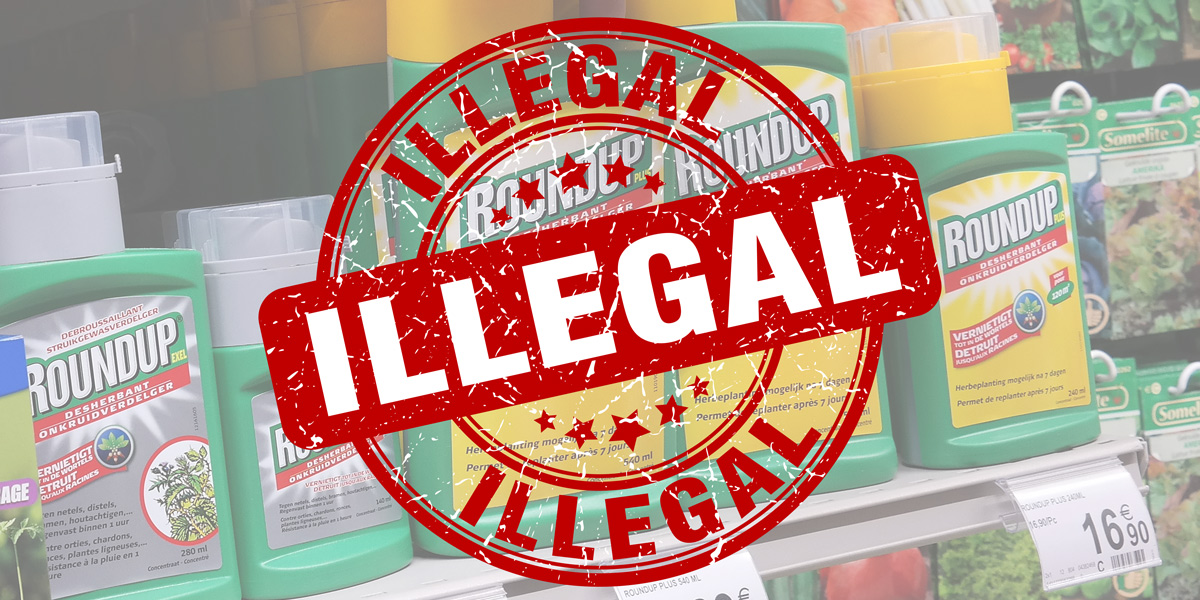
“It is not possible to renew an approval that is no longer valid”
According to a legal opinion from the Paris law firm Huglo Lepage, the procedure for renewing the authorization of glyphosate is "illegal". The European Commission is preparing to propose to the European states to renew the license of the product for five years.
The renewal of the authorization of the glyphosate "is not possible" under the relevant EU pesticide regulation, 1107/2009, the legal opinion says. The use of glyphosate, the active ingredient of Monsanto’s Roundup herbicide, is disputed because of its toxicity.
The legal opinion, commissioned by the Luxembourg MEP Claude Turmes (Greens/EFA), covers the various renewals of the glyphosate approval by the European Commission since 2015. It is written by the lawyer Corinne Lepage, who was formerly the French environment minister and an MEP.
The herbicide, put on the market in the 1970s, received its first ten-year EU authorization in 2002. But in 2012, the authorization was not renewed, as the Member States could not agree. On several occasions, the European Commission extended this authorization for short periods.
"These repeated renewals were made in violation of Article 17” of the regulation, says the legal opinion.
In more than thirty years of use, the product has only been approved for 10 years, adds the law firm. However, the legal opinion points out, “The first approval is no longer valid and it is therefore not possible to renew an approval that is no longer valid.”
The glyphosate license expires on December 15. But the European Union has not yet found a solution on which a qualified majority of Member States can agree.
On 9 November, the Commission will submit to the 28 European states a new proposal to extend the license to use the controversial herbicide for a reduced period of five years.
This situation is "outside of common law", says the legal opinion, and is explained by “the massive opposition of Europeans and others to the use of glyphosate and Roundup and by the proliferation of studies putting into question the toxicity of these products for health and the environment”.
The opinion criticises the EU Commission for “passing the hot potato” of the glyphosate issue to the Member States. In doing so, the Commission offloads its responsibility as risk manager and blames the Member States for the harmful consequences of the use of glyphosate products.
The World Health Organization’s cancer agency IARC has classified Roundup in Group 2A, as a "probable" carcinogen for humans, in disagreement with the European agencies EFSA (food safety) and ECHA (chemicals). IARC found that non-Hodgkin's lymphoma was the cancer most associated with glyphosate exposure.
Withdrawal from the market
The legal opinion proposes that glyphosate should not be re-authorized and that it should be removed from the market over a period of three years.
"The European Commission has created a scandalous legal and political mess around glyphosate, so it is up to the Commission to come up with a strong exit plan in order to regain the trust of European citizens," said the MEP Claude Turmes.
"This legal opinion demonstrates the liberties that the European Commission appears to take with European law, even though it is the guardian of that law,“ added Philippe Lamberts, leader of the Greens in the European Parliament.
Read the legal opinion here (the fonts have become scrambled but it's still legible).










